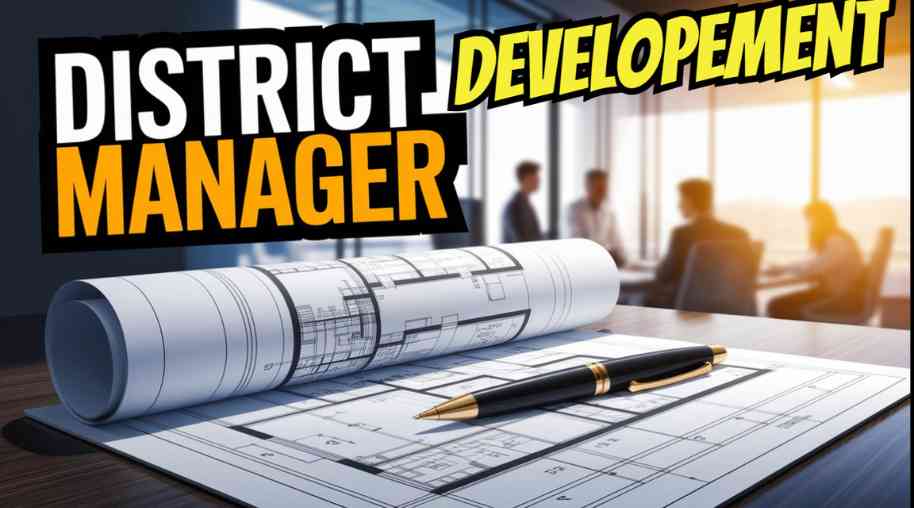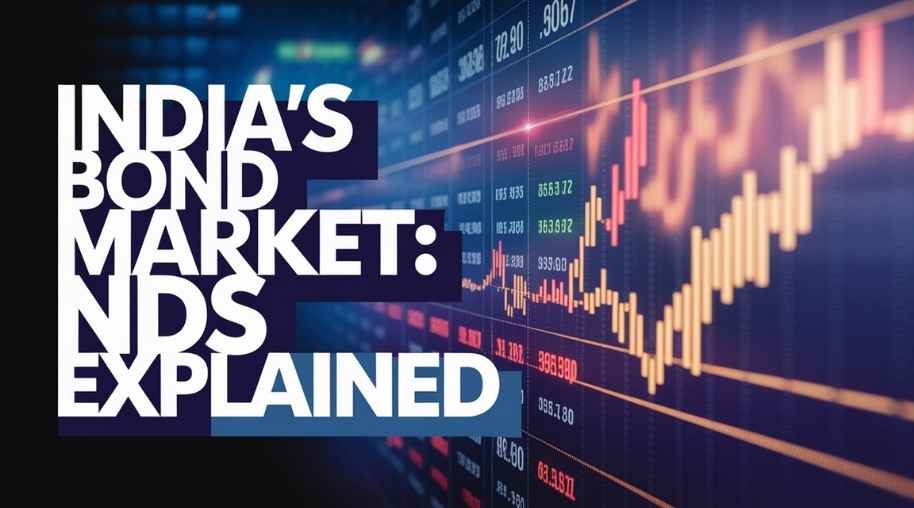DDM Full Form -District Development Manager
by Shashi Gaherwar
0 5227
District Development Manager: Role, Responsibilities, and Impact
A District Development Manager (DDM) is a key official responsible for promoting economic and rural development at the district level. The role is particularly significant in financial institutions like the National Bank for Agriculture and Rural Development (NABARD), where DDMs act as facilitators for policy implementation and financial inclusion.

By coordinating with local banks, government agencies, and rural enterprises, a District Development Manager ensures that financial resources are effectively allocated to support agriculture, small businesses, and infrastructure development. This article explores their role, responsibilities, challenges, and impact on district-level economic growth.
Who is a District Development Manager?
A District Development Manager (DDM) is a financial and administrative professional responsible for monitoring and implementing developmental and financial initiatives in a district. They act as a link between banks, government bodies, and rural enterprises, ensuring that financial resources are properly utilized for economic progress. Most DDMs work under NABARD, but similar roles exist in other government departments, NGOs, and financial institutions. Their primary focus is on rural development, financial inclusion, and agricultural finance.
Responsibilities of a District Development Manager
The responsibilities of a DDM are multifaceted and aimed at fostering rural economic development:
- Implementation of Government Schemes: Ensures the successful execution of government-sponsored financial schemes such as PM Kisan, MUDRA Loans, and Rural Credit Schemes. Monitors and reports on the progress of these schemes.
- Financial Inclusion and Credit Planning: Prepares and implements the District Credit Plan (DCP) to ensure sufficient credit flow to rural areas. Encourages financial literacy and banking access for farmers, small businesses, and self-help groups (SHGs).
- Coordination with Banks and Institutions: Collaborates with public and private banks, cooperative societies, and microfinance institutions to ensure credit availability for agriculture, small businesses, and rural enterprises.
- Support for Agriculture and Rural Enterprises: Promotes agricultural finance, irrigation projects, and farmer producer organizations (FPOs). Assists rural entrepreneurs in securing loans and financial aid.
- Monitoring and Reporting: Prepares reports on the economic and financial status of the district and advises policymakers and senior officials on development priorities.
- Capacity Building and Training: Organizes training programs for bankers, farmers, and SHGs. Conducts awareness campaigns on banking services, loan schemes, and government initiatives.
Importance of a District Development Manager
The presence of a District Development Manager has a direct impact on the economic and social development of a region. Key benefits include:
- Promotes Rural Development: Facilitates economic growth in remote areas by ensuring access to financial services.
- Strengthens the Banking System: Acts as a bridge between banks and the rural population, promoting credit flow.
- Encourages Entrepreneurship: Supports small businesses, women entrepreneurs, and startups with financial assistance.
- Improves Agricultural Productivity: Ensures farmers receive the necessary funds and training for sustainable farming.
Challenges Faced by District Development Managers
Despite their critical role, DDMs face several challenges:
- Limited Financial Resources: Difficulty in securing adequate funding for development projects.
- Low Financial Awareness: Many rural populations lack financial literacy, making the implementation of schemes difficult.
- Bureaucratic Delays: Administrative hurdles can slow down the execution of important projects.
- Infrastructure Issues: Poor road connectivity and digital banking penetration hinder rural development efforts.
- Resistance to Change: Many people in rural areas are reluctant to adopt new financial technologies and services.
District Development Manager vs. Other Administrative Roles
A DDM’s role is often compared with other development officers:
- District Development Manager (DDM): Focuses on financial and rural development, including bank coordination, credit planning, and agriculture finance.
- District Magistrate (DM): Handles law and order, administration, governance, law enforcement, and welfare programs.
- Block Development Officer (BDO): Implements block-level government projects focused on local development.
- Bank Manager: Manages banking and finance operations such as loan approvals, customer service, and account management.
How to Become a District Development Manager
To become a DDM, candidates typically need to follow these steps:
- Educational Qualification: A degree in Economics, Finance, Rural Development, or Agricultural Studies. A Master’s degree such as an MBA, M.Sc. in Agriculture, or Development Studies is preferred.
- Competitive Exams: Candidates must clear exams such as NABARD Grade A/B Officer Exams for recruitment into banking and rural development roles. UPSC or State PSC exams also provide administrative positions related to rural finance.
- Relevant Experience: Experience in banking, rural finance, or government administration is valuable. Working with financial institutions, NGOs, or cooperatives improves selection chances.
Future of District Development Managers
With the rapid expansion of digital banking, fintech, and microfinance, the role of District Development Managers is evolving. Future trends include:
- Integration of Digital Banking: Promoting online banking, UPI transactions, and mobile-based financial services.
- Smart Agriculture Financing: Using AI and blockchain to provide transparent agricultural loans.
- Green Financing Initiatives: Supporting climate-friendly projects and sustainable rural enterprises.
- Public-Private Partnerships (PPP): Collaborating with corporations and NGOs for improved financial access.
The District Development Manager (DDM) plays a crucial role in bridging the gap between rural communities and financial institutions. By ensuring access to credit, implementing government schemes, and promoting financial literacy, DDMs contribute to economic development, entrepreneurship, and agricultural growth. Despite facing challenges, their role remains indispensable in India's financial and rural development framework. As banking and financial services evolve, District Development Managers will continue to be at the forefront of transforming rural economies and empowering local communities.
Further Learning Resources
If you’re passionate about building a successful blogging website, check out this helpful guide at Coding Tag – How to Start a Successful Blog. It offers practical steps and expert tips to kickstart your blogging journey!
For dedicated UPSC exam preparation, we highly recommend visiting www.iasmania.com. It offers well-structured resources, current affairs, and subject-wise notes tailored specifically for aspirants. Start your journey today!

Share:








Comments
Waiting for your comments